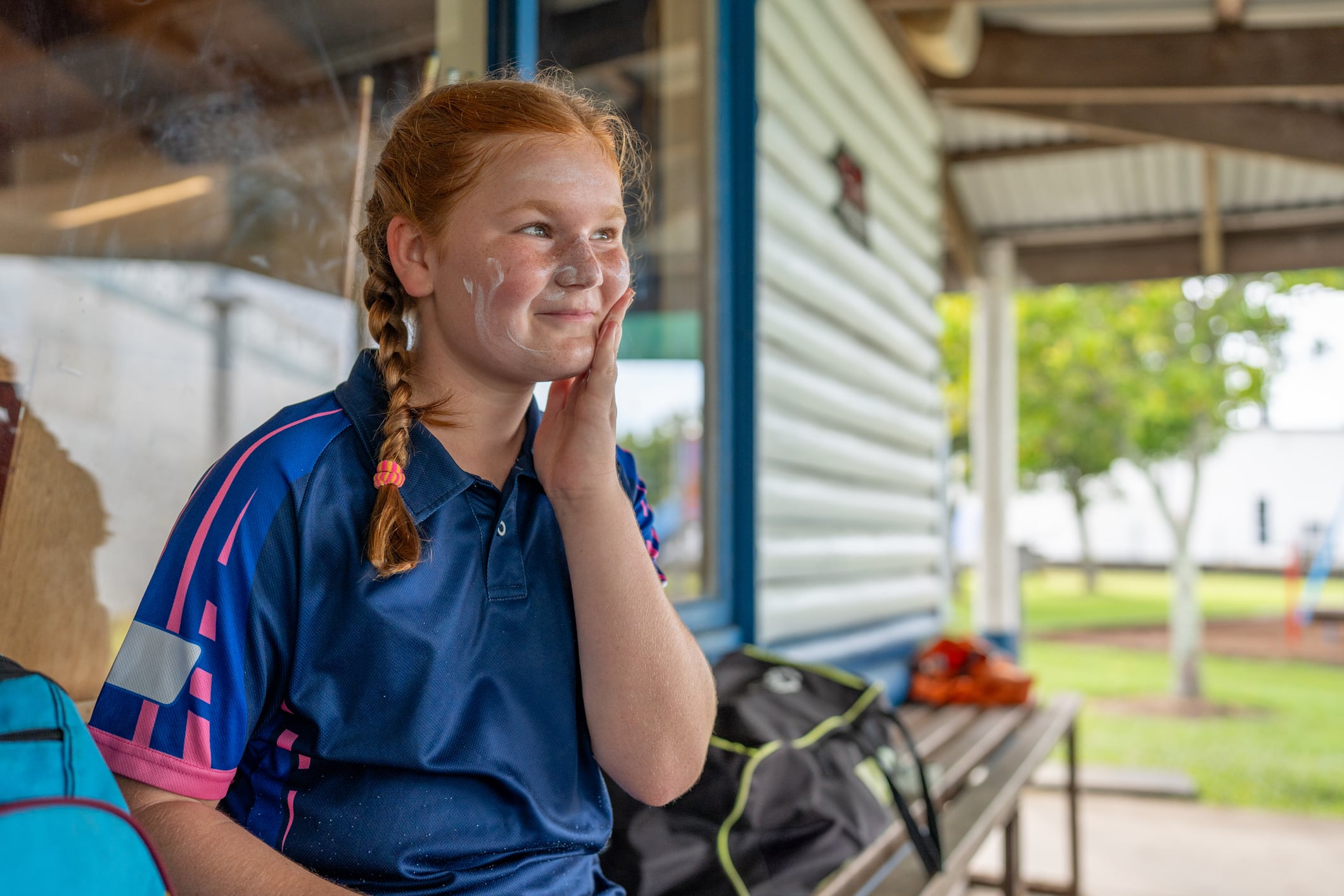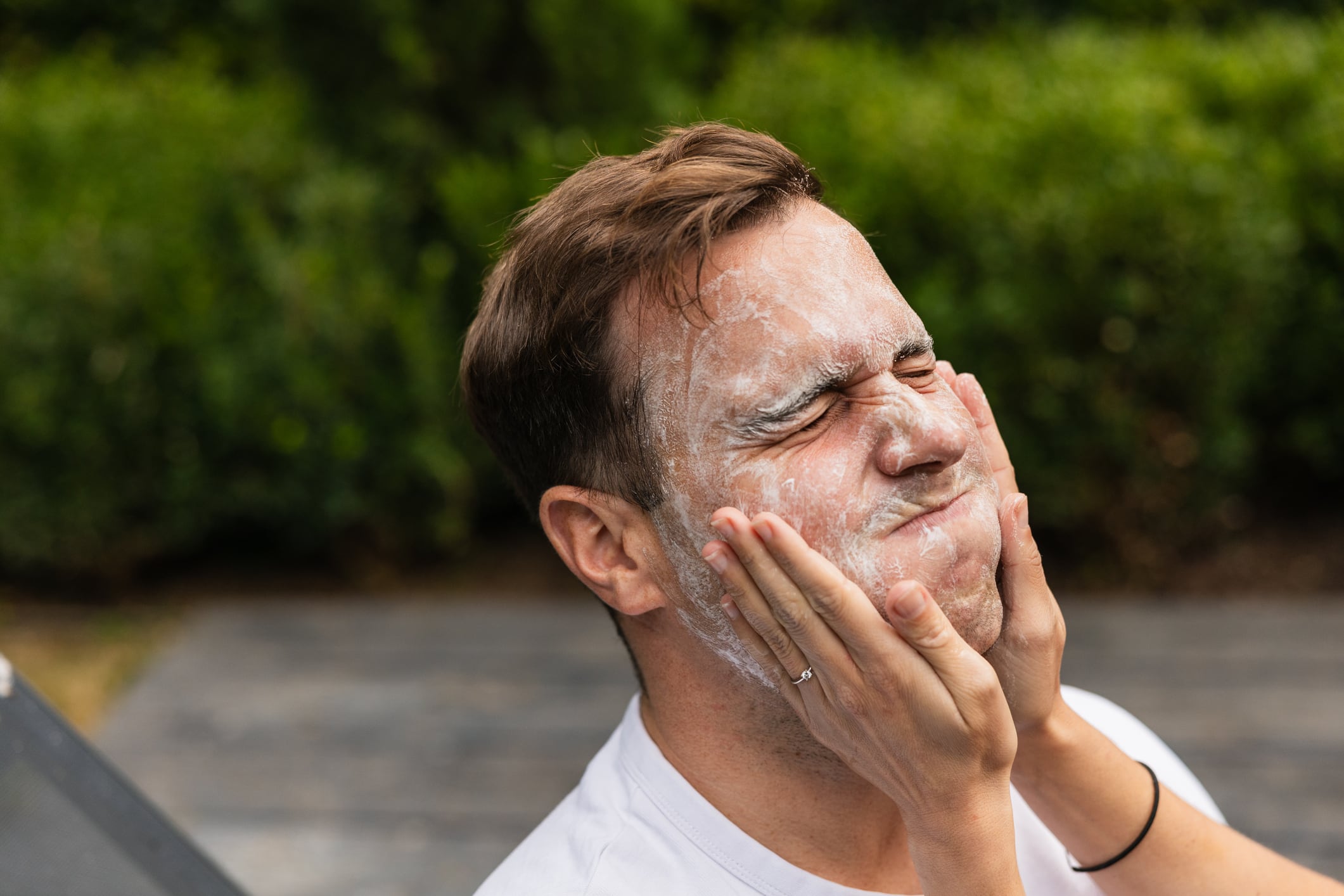Efforts to expand student access to sunscreen in schools continue to gain traction across the U.S., as the SUNucate initiative, spearheaded by the American Society for Dermatologic Surgery Association (ASDSA), reaches 30 jurisdictions and garners growing industry and legislative support.
Originally developed in response to reports from dermatologic professionals about restrictive school medication policies, SUNucate model legislation addresses regulatory barriers that treat sunscreen as an over-the-counter drug requiring a physician’s note for school use.
“The need for SUNucate arose after concerns were raised by ASDSA members (board certified dermatologists) that children were not allowed to bring sunscreen to school,” a spokesperson from ASDSA told CosmeticsDesign US. “Broad-reaching ‘medication bans’ require students to have a physician’s note to bring sunscreen to school—causing decreased access and underutilization of sun-protection measures.“
Since its introduction, the initiative has led to legislative action in 29 states and Washington, D.C. Early resistance in some states centered on concerns about the burden on school personnel. “That issue is overcome with the provision in the model bill, which states it is optional for the school district or youth camp operator to choose to allow teachers to assist in the application with parental permission,” the ASDSA spokesperson said.
Industry involvement and coalition support
The SUNucate coalition includes over sixty organizations representing the medical, patient advocacy, and public health communities. Industry players have also taken a more active role in recent years, including Neutrogena’s parent company, Kenvue, which has “been a proud member of the SUNucate coalition since 2024,” a company spokesperson told CDU.
In April of this year, New Jersey Governor Phil Murphy signed a version of the SUNucate legislation into law, becoming the latest state to address sunscreen barriers in schools. “Together with ASDSA and other coalition members, we helped drive awareness of the need, engaged with key elected officials, and built momentum that led to its unanimous passage in the legislature,” said the Kenvue spokesperson.
Consumer trends alignment
For manufacturers and suppliers of sun care products, evolving legislation aligns with broader consumer trends. According to Kenvue’s A New View of Care report, while 70% of consumers are increasing their spending on longevity-focused products, only 17% consistently use sunscreen.
“These trends help inform the work we do at Kenvue and why it is important to work closely with organizations like the ASDSA on advocacy work like the SUNucate initiative,” Kenvue’s spokesperson added.
Alongside state-level action, the SUNucate coalition has also supported federal efforts such as the SAFE Sunscreen Standards Act and the Over-the-Counter Monograph Drug User Fee Amendments, which aim to streamline the FDA approval process for new sunscreen ingredients. The model bill was also recently updated to include an optional sales tax exemption for sunscreen products.
Considerations for children’s formulations
Regarding product formulation considerations, both Kenvue and ASDSA emphasized the importance of tailoring sunscreen products to meet children’s specific needs.
“While the best sunscreen is the one that you will consistently use every day, Kenvue recommends a formulation that is age-appropriate,” said the company’s spokesperson. “Kids’ products also go through a strict regimen of kid-specific assessment, ensuring that products formulated for kids are proven to be safe and effective for them.”
ASDSA emphasized sunscreen’s efficacy in preventing skin cancer, citing studies showing regular sunscreen users are 50% less likely to develop melanoma and 75% less likely to develop non-melanoma skin cancer. “Despite the efficacy of sunscreen, a study done by the Centers for Disease Control and Prevention (CDC) reports that only 10 percent of students reported regular or nearly regular use of sunscreen during prolonged periods of regular sun exposure,” the spokesperson said.
Legislative strategy
In states like Massachusetts, which may soon join the growing list of SUNucate adopters, a variety of tactics have proven effective in advancing legislation.
“Specific tactics that have been effective include highlighting the model bill at the National Conference of State Legislatures annual meeting, developing talking points to share with the Federation of State Medical Boards, expert testimony by ASDSA member dermatologic surgeons, support letters, and developing personal relationships with elected officials,” ASDSA noted.
Kenvue echoed the value of this multi-pronged approach. “Each success, like New Jersey’s passage earlier this year, builds momentum and helps encourage other states to follow—progress that will promote lifelong sun-safe habits for our children and have a lasting impact on public health,” the spokesperson stated.
Educating consumers to ensure success
Beyond legislation, educational initiatives are also a key component of the SUNucate model. “ASDSA model SUNucate legislation also calls for education efforts for school kids, and some states, like Indiana, have adopted this optional provision and cited resources that ASDSA helped to support,” the organization’s representative added.
According to Kenvue, such education is already underway. “We have worked with our partners at Young Minds Inspired to create an in-school educational curriculum around safe-sun practices in all 50 states, and have utilized our brands such as Neutrogena to educate the public at events including Best of Washington, Kidchella, and the NCSL Legislative Summit,” they said.





